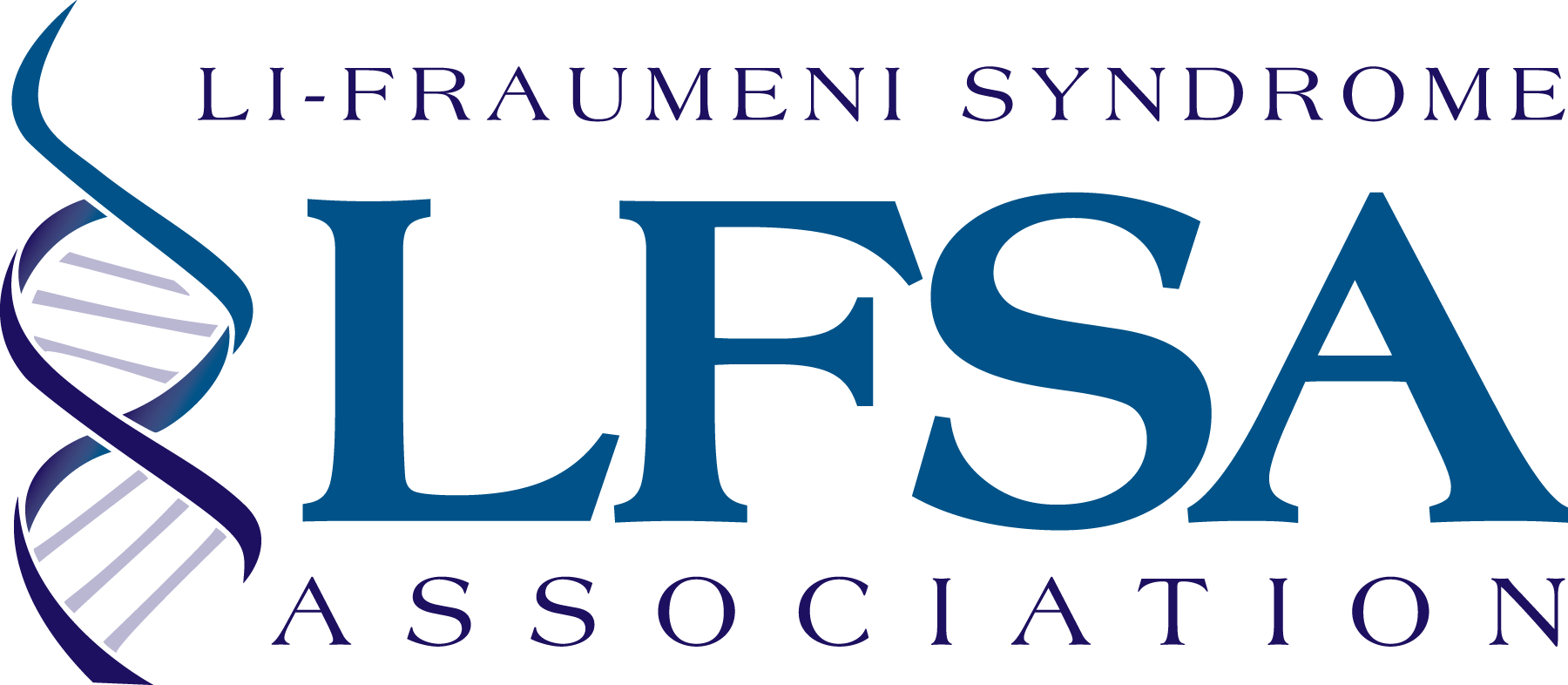Clinical Trials
Although there are presently no clinical trials exclusively for Li-Fraumeni syndrome, individuals interested in participating in cancer studies and trials can explore the NCI Supported Clinical Trials database for relevant information. This resource provides valuable insights into related cancer research and ongoing trials, offering potential avenues for those affected by Li-Fraumeni syndrome to contribute to advancements in treatment and understanding of the condition.
Studies
The LiFT UP Study is a research project for individuals and families from around the world. The goal is to learn more about adults and children who have a change in the TP53 gene in their blood to better predict their specific cancer risks. This may be Li-Fraumeni syndrome (LFS) or something else, which we will examine in the LiFT UP Study. This is a collaborative study, so you may join even if you already participate in other LFS studies!
Researchers at the Dana-Farber Cancer Institute and the City of Hope are seeking international participation to learn more about LFS. Learn how you can help, here: LiFT Up Study or LiFT Up Study Flyer
Clinical and Molecular Studies of Li-Fraumeni Syndrome and TP53-Associated Disorders
Philadelphia, Pennsylvania
This study collects and stores data and samples for the creation of a biobank in patients with Li-Fraumeni syndrome and TP53-associated disorders. Collecting and storing biospecimen samples and health and treatment information from patients with Li-Fraumeni syndrome and unaffected family members may help doctors learn more about Li-Fraumeni syndrome and facilitate future research and projects regarding TP53-associated disorders.
University of Pennsylvania/Abramson Cancer Center
Willingness to Participate in a Trial Comparing Standard Genetic Counseling versus Personalized Genetic Counseling
Houston, Texas
This study evaluates patients willingness to participate in a trial comparing standard genetic counseling versus personalized genetic counseling. Collecting information from patients may help researchers learn why patients may or may not take part in the future study that compares standard genetic counseling to personalized genetic counseling.
M D Anderson Cancer Center
Clinical and Genetic Studies of Li-Fraumeni Syndrome
Bethesda, Maryland
Background: – Li-Fraumeni syndrome (LFS) is a genetic condition that increases the risk for some types of cancer. LFS may lead to cancer of the bone or connective tissue, breast, and brain. It may also increase the risk for certain types of leukemia and other cancers. The only known cause of LFS is a change (called a mutation ) in a gene known as TP53. However, not all people with LFS have a TP53 mutation. Researchers want to study other possible genetic causes of LFS, and factors that may increase or decrease cancer risk in people with the syndrome. Objectives: – To learn more about the types of cancers that occur in individuals with LFS. – To study the role of the TP53 gene in the development of cancer. – To look for other possible genes that cause LFS – To study the effect of LFS diagnosis on families. – To determine if environmental factors or other genes can change a person s cancer risk associated with LFS. Eligibility: – Individuals with a family or personal medical history of cancers consistent with LFS. – Individuals with a family or personal medical history of cancers that does not meet the diagnosis of LFS, but the history is suggestive for LFS (meets the diagnosis for the so-called Li-Fraumeni like syndrome) – Individuals with certain rare cancers – Individuals with a family or personal history of a TP53 gene mutation, with or without related cancer(s). Design: – Participants will fill out a medical history questionnaire and a family history questionnaire. – Blood samples will be collected for DNA and for storage. Cheek cell samples may be collected if blood cannot be obtained for DNA. Participants can choose to have or not have cancer screening with blood tests, imaging studies, and other exams. – Participants will complete questionnaires about their worries about cancer, stress levels, and coping strategies. Diet and physical activity questionnaires will also be given. Other psychological tests may be given as needed. – Participants will be monitored for several years, with regular followup visits to the National Institutes of Health, if indicated. Any changes in health or cancer status will be recorded.
National Institutes of Health Clinical Center


